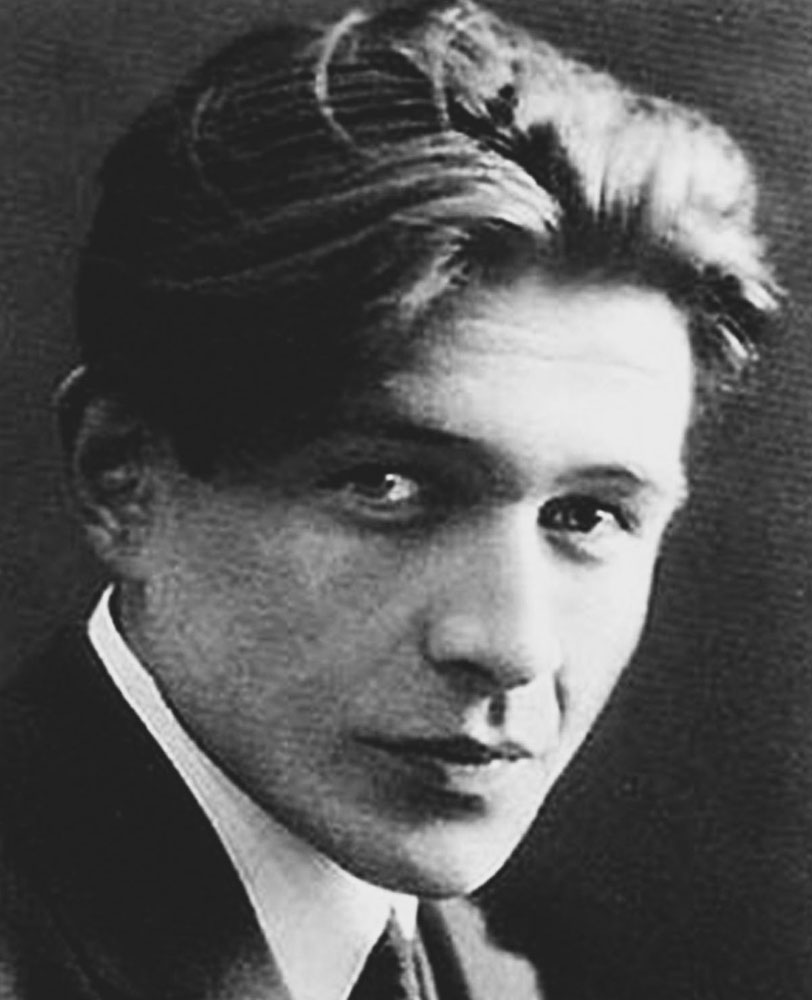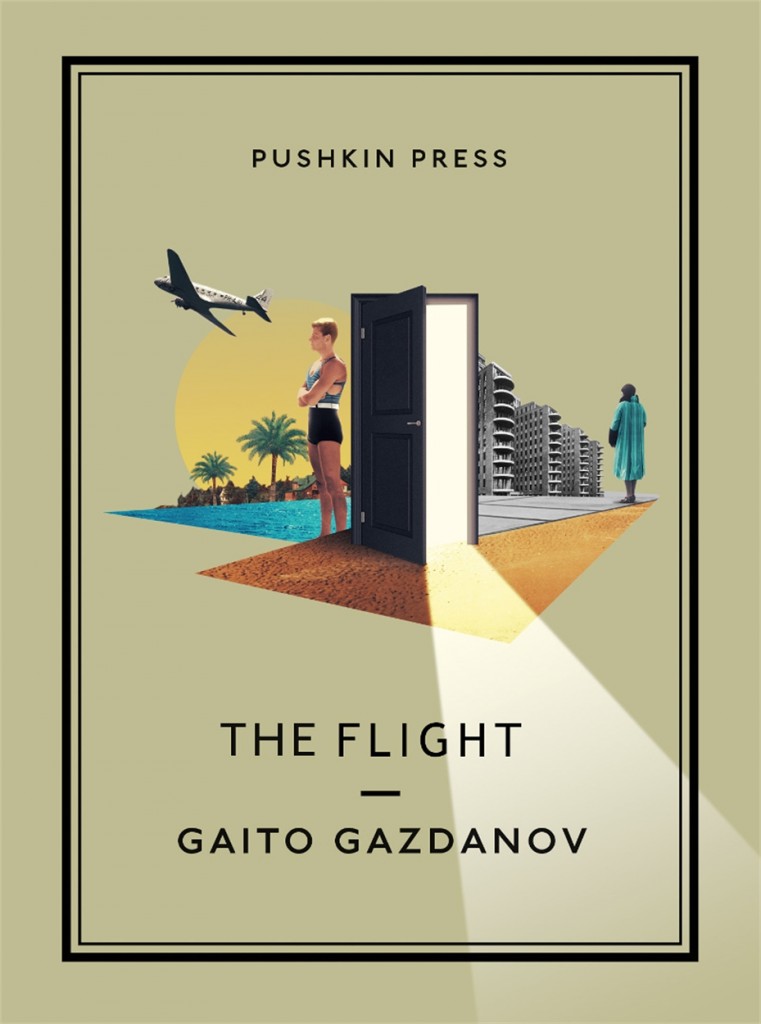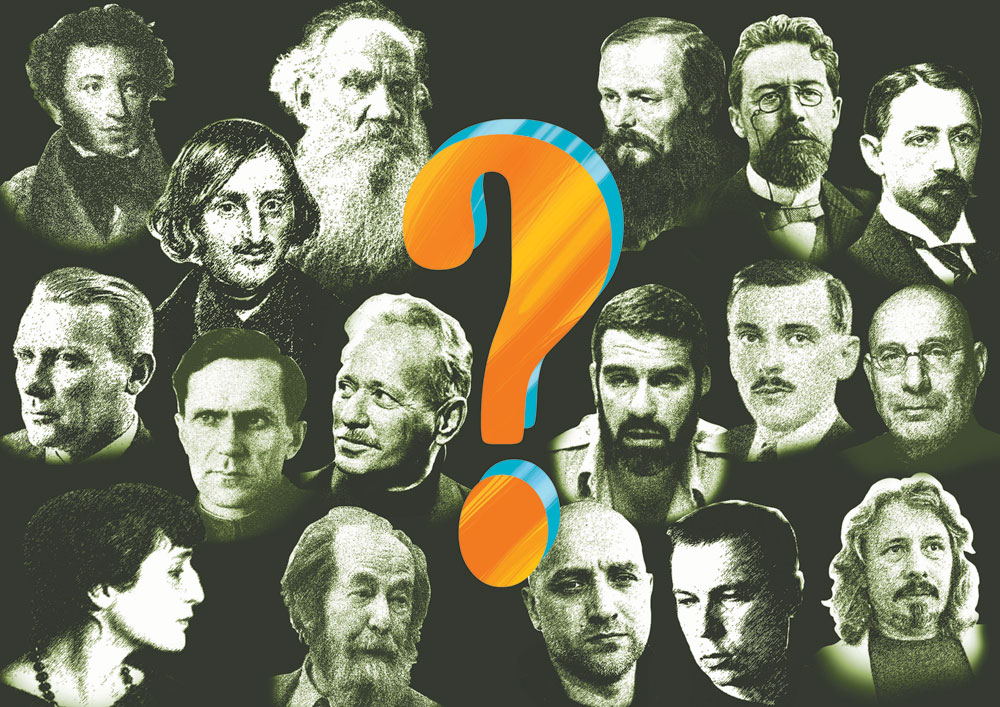Gaito Gazdanov: taxi driver by night, writer by day

Driving a taxi allowed Gazdanov to study at the Sorbonne.
wikipedia Driving a taxi allowed Gazdanov to study at the Sorbonne. Source: Wikipedia
Driving a taxi allowed Gazdanov to study at the Sorbonne. Source: Wikipedia
When Gaito Gazdanov arrived in Paris in 1923, he was 20 and had to accept whatever jobs came his way: unloading barges on the river Seine, cleaning locomotives, working as an operator in the Citroën factory and, for three months, working in the publishing house Hachette. He was even forced to live on the street, until he found a job as a night taxi driver in 1928.
Driving a taxi changed everything, allowing him to study at the Sorbonne, to begin writing and, eventually, to become one of the most interesting young writers of his generation of Russian émigrés. In the last 25 years, the writer has begun to acquire an international reputation (finally!), with his novels and short stories being published in many languages, including English, French, Italian, German and Japanese.
Georgy (Gaito in Ossentian) Ivanovich Gazdanov was born in 1903 in St. Petersburg, to a middle-class family originally from Ossetia, one of the North Caucasus republics and still part of Russia. His father was a forester, a profession which led the family to constantly move around the Russian Empire. He was a precocious child, serious, and a passionate reader of both literature and philosophy.
Gazdanov’s debut in the literary arena came in the late 1920s, first as an author of short stories which he sold to the Russian newspaper Volya Rusii, published in Prague, and then in many Russian-language journals published in the West. The turning point in his young career came in 1929 when his first novel, An Evening with Claire (1929), was released in Paris. The book was very well received in the Russian émigré community. Critics compared him to Proust (an author, as he himself confessed, he had not even read!) and his contemporary Vladimir Nabokov, one of the promising writers of the "new" Russian Literature, though they had little, if anything, in common. While the author of Lolita gave up writing in Russian, for example, Gazdanov never abandoned his mother tongue.An Evening with Claire is an autobiographical work in the best Russian tradition. It fictionalized Gazdanov's life, recounting a voyage in search of lost childhood and youth, of grief over the death of loved ones, of the discovery of nature and love. His was a life that had been broken by the death of his father and sisters, and the trauma of the Russian civil war, in which he had enlisted as a volunteer for the White Army while still a teenager. A New York Times reviewer at the time judged that some of the novel’s passages had "Tolstoyan power."
In the years preceding World War II, the writer published two books: The History of a Journey (1938), and Night Roads (1939-1941). In the latter, the protagonist is a night taxi driver in Paris (Gazdanov's alter ego, of course). Somewhere between contempt and compassion in its tone, the novel draws a portrait of a life that moves in the Paris night, a giant play in which the stage is imbued with an archaic and inescapable poverty. Vagabonds, thieves, pimps, prostitutes, waiters, taxi drivers, exiles like himself, living a very schizophrenic life, far from Russia, in which alcohol has become their principal support.
In the ensuing war, Gazdanov joined the French Resistance, but nevertheless found time to write. He tried his hand at the genre of psychological thriller, publishing The Specter of Alexander Wolf [read our review here] and Buddha's Return. When these books were translated into French in 1951, critics wrote that he was "Le plus français des écrivans russes!" - the most French of Russian authors! They found some similarities with the literature of Camus for his thoughtful analysis of personal fate, responsibility for our actions, and the consequences of chance, which in some cases leads to redemption and in others, to destruction.
In 1953, his years as a taxi driver came to an end, as he began work at Radio Liberty, an anti-communist station funded by the CIA. He worked as a writer-editor first in Paris and then in Munich, where he died of lung cancer in 1971.
All rights reserved by Rossiyskaya Gazeta.
Subscribe
to our newsletter!
Get the week's best stories straight to your inbox

